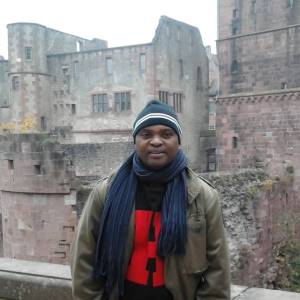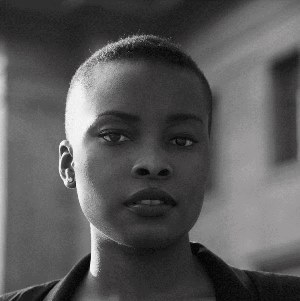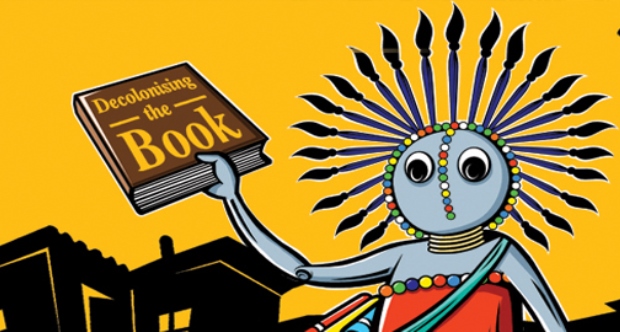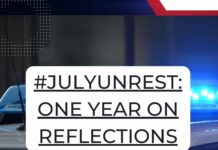This week, The Time Of the Writer festival, and African authors will interrogate what decolonising the literary landscape means. MBALI ZWANE spoke to some of the festival’s panelists on what they think “decolonising the book” means.

I do think that part of it all is to write our own stories. This reminds me of Chimamanda Ngozi Adichie’s TED Talk about the danger of a single story. For a long time, black people have always had to slot themselves in other people’s stories. The beginning for me is to foreground our stories and make sure people understand that they are valid and are worthy to be proud of, enjoyed, loved and talked about. One of the reasons I’m really excited to go to Time of the Writer this year is that I want to hear what other authors have to say about decolonising the book. I probably won’t agree with everything, but I’m prepared to listen and learn.

Decolonisation, in my mind, is not a demand to return to pre-colonial times. Rather, decolonisation a process to do two things: repair the damage European colonialism caused the world over, and establish more egalitarian relations between people. We need to decolonise our minds. So the question of decolonising the book – a product of work – is a subset of this much larger process of not only repairing the economic damage colonisation caused to the colonised but also reclaiming the capacity to imagine other ways of being. What stories would we be reading and writing if this ancient human tradition of storytelling were not part of an economic system where the storyteller’s next meal(s) are dependent on the story? How would book production look?

Getting the books to be available and accessible to everyone, regardless of where they are, is a good start. The whole system and industry has to be inclusive of everyone and we’re seeing it happen with the Time Of the Writer festival. They are taking the festival to the people in their communities. Prior to this year, the festival and many other literary festivals were exclusive to certain communities in urban areas. This meant that people in townships and rural areas were left out. Bookshops and libraries should be fully stocked with African literature.

You have to decolonise production and systems of book production. This includes publishing houses, editors, schooling and education. The distribution networks will have to be decolonised as well. People in townships and remote places should have accessibility of the books. It’s the whole ecosystem that has to be decolonised.
The Daily Vox is the official media partner of the 2016 Time of the Writer Festival, which runs from 14-19 March 2016. For the full programme, click here.









